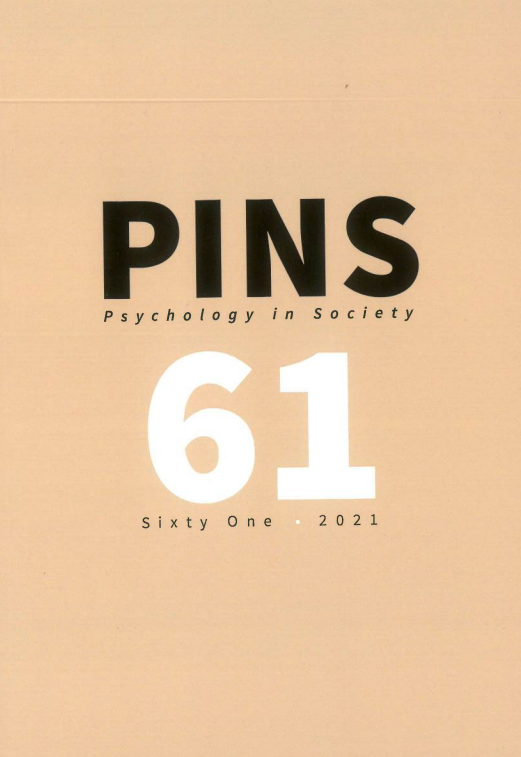Using activity theory to understand contradictions in the safe sex practices of married people in a rural area of the Eastern Cape, South Africa
DOI:
https://doi.org/10.57157/pins2021Vol61iss1a5595Keywords:
Activity theory, activity system, contradictions, HIV/AIDS, marriageAbstract
HIV/AIDS is a significant public health issue in South Africa. Drawing upon activity theory, this study investigated the prevailing contradictions, tensions and dilemmas related to safe sex practices in the sexual activity systems of heterosexual married people in a rural area of the Eastern Cape in South Africa. This study used secondary data obtained from a National Research Foundation (NRF) funded qualitative project on responses to HIV/AIDS. Nine individual semi-structured interviews (5 women and 4 men) and two focus group discussions (one with women and one with men) were analysed. The findings identify primary and secondary contradictions within two sexual activity systems (that of the married woman, and that of the married man). Tertiary level contradictions between the object of each activity system (specifically sexual pleasure versus safe sex practice) are exacerbated by contradictions between the division of labour components of the two activity systems. These tertiary contradictions are enabled because of the primary contradiction within the married women’s sexual activity system, specifically within the division of labour component. This is a contradiction between being responsible for sexual safety, but submissive in the negotiation of sexual activity. A significant finding of this study is that these contradictions within and between the activity systems are at an early start of maturity, as they have not yet lead to a crisis in, and collapse of, the systems. This analysis contributes to understanding the lack of change in behaviour related to safe sex practices.
Downloads
Published
How to Cite
Issue
Section
License
This journal is an open access journal, and the authors' and journal should be properly acknowledged, when works are cited.
Authors may use the publishers version for teaching purposes, in books, theses, dissertations, conferences and conference papers.
A copy of the authors’ publishers version may also be hosted on the following websites:
- Non-commercial personal homepage or blog.
- Institutional webpage.
- Authors Institutional Repository.
The following notice should accompany such a posting on the website: “This is an electronic version of an article published in PINS, Volume XXX, number XXX, pages XXX–XXX”, DOI. Authors should also supply a hyperlink to the original paper or indicate where the original paper (http://www.journals.ac.za/index.php/pins) may be found.
Authors publishers version, affiliated with the Stellenbosch University will be automatically deposited in the University’s’ Institutional Repository SUNScholar.
Articles as a whole, may not be re-published with another journal.
The copyright of the article(s) lies with the author(s).
The copyright of the journal lies with PINS-psychology in Society.
The following license applies:
Attribution CC BY-NC-ND 4.0 - https://creativecommons.org/licenses/by-nc-nd/4.0/

